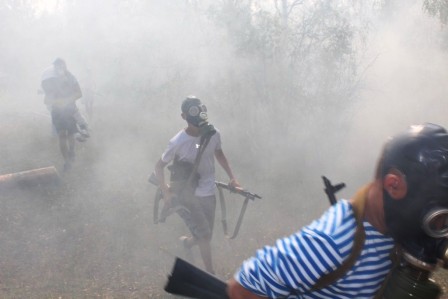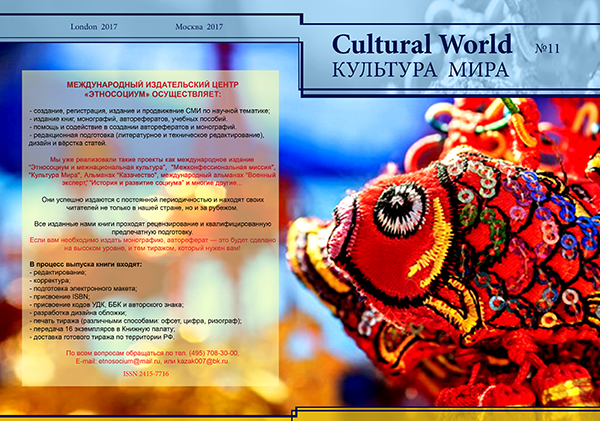Ефремов Андрей Николаевич
Into the Sunrise
Самиздат:
[Регистрация]
[Найти]
[Рейтинги]
[Обсуждения]
[Новинки]
[Обзоры]
[Помощь|Техвопросы]
|
|
||
 Ivan Meshcheryakov, Ataman of the Yakutsk City Cossack Society "Yakutsk City Cossack Troop" thanks Afanasy Dmitriev, Head of the 2nd Khomustakhsky Nasleg, and Sardana Nakhodkina, Acting School Principal, for their help and assistance in the organization of the field camp events. Опубликовано в журнале "Культуры мира", Лондон-2017 Г. Ivan Meshcheryakov, Ataman of the Yakutsk City Cossack Society "Yakutsk City Cossack Troop" thanks Afanasy Dmitriev, Head of the 2nd Khomustakhsky Nasleg, and Sardana Nakhodkina, Acting School Principal, for their help and assistance in the organization of the field camp events. Опубликовано в журнале "Культуры мира", Лондон-2017 Г.  | ||